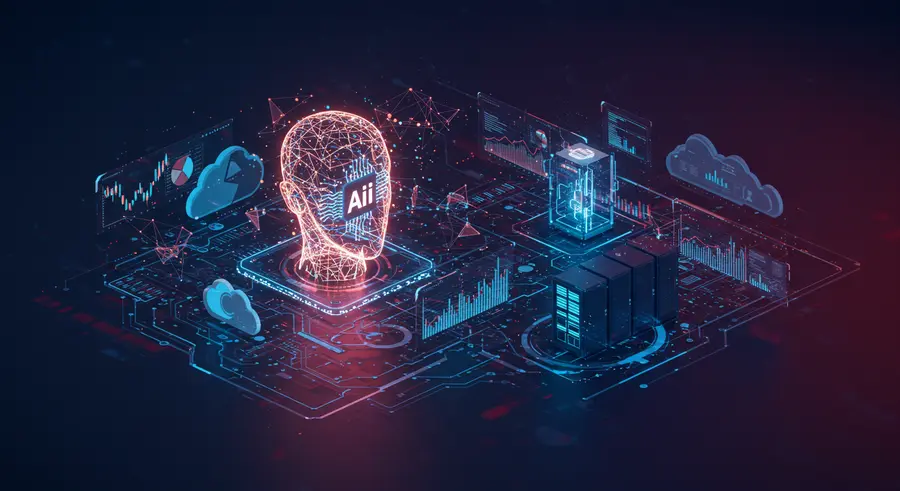AI in FinOps: Revolutionizing Cloud Cost Management

The convergence of Artificial Intelligence (AI) and FinOps is set to redefine how organizations approach cloud financial management. As cloud environments grow in complexity and scale, manual cost optimization efforts become increasingly challenging. AI, with its capacity for processing vast datasets and identifying intricate patterns, offers a powerful solution to these modern challenges.
The Role of AI in Modern FinOps
AI brings unprecedented capabilities to FinOps, moving beyond traditional reactive approaches to proactive, intelligent cost management. Here's how:
- Predictive Analytics: AI algorithms can analyze historical cloud usage and spending patterns to forecast future costs with high accuracy. This allows finance and engineering teams to set more realistic budgets and anticipate potential overruns before they occur.
- Anomaly Detection: Unforeseen spikes in cloud spending can often indicate inefficiencies, misconfigurations, or even security breaches. AI can continuously monitor spending and flag unusual patterns in real-time, enabling rapid investigation and remediation.
- Automated Optimization Recommendations: AI can go beyond mere reporting by suggesting specific optimization actions. This includes identifying idle resources, recommending optimal instance types, or even advising on the best reserved instance or savings plan purchases based on predicted future usage.
- Resource Utilization Analysis: Machine Learning models can analyze how effectively resources are being used, pinpointing areas of underutilization that lead to wasted spend. This granular insight helps teams right-size their infrastructure more effectively.
- Cost Allocation and Chargeback: AI can enhance the accuracy and automation of cost allocation by learning from historical tagging and usage data, ensuring that costs are correctly attributed to the responsible teams or projects.
Benefits of Integrating AI into Your FinOps Practice
Embracing AI in your FinOps strategy yields several significant advantages:
- Enhanced Cost Efficiency: By automating analysis and recommendations, AI helps identify and eliminate waste more effectively than manual processes, leading to substantial savings.
- Improved Decision-Making: AI-powered insights provide a deeper, data-driven understanding of cloud spend, empowering teams to make smarter, more informed financial decisions.
- Increased Agility: With automated monitoring and predictive capabilities, organizations can react faster to changes in cloud costs and optimize their spending dynamically.
- Reduced Manual Effort: Automating repetitive tasks like data aggregation, reporting, and even some optimization actions frees up FinOps practitioners to focus on strategic initiatives.
- Greater Transparency: AI models can process and present complex cost data in an understandable format, fostering greater transparency and collaboration between finance and engineering teams.
AI is not just a tool for optimization; it's a strategic asset that transforms the entire FinOps lifecycle. By leveraging AI, organizations can move from reactive cost control to proactive financial stewardship, ensuring that every dollar spent in the cloud delivers maximum business value.
For those looking to gain a competitive edge in financial analysis and market insights, exploring advanced solutions that combine AI with robust financial tools can be incredibly beneficial. Discover how AI-powered market insights can elevate your financial research.
The Future is Intelligent FinOps
The evolution of FinOps will undoubtedly be heavily influenced by advancements in AI and Machine Learning. As these technologies become more sophisticated, we can expect even more autonomous and precise cloud financial management, allowing businesses to innovate faster without fear of spiraling costs. The journey towards intelligent FinOps is an ongoing one, but the benefits for early adopters are clear: unparalleled efficiency, control, and strategic advantage in the cloud economy.